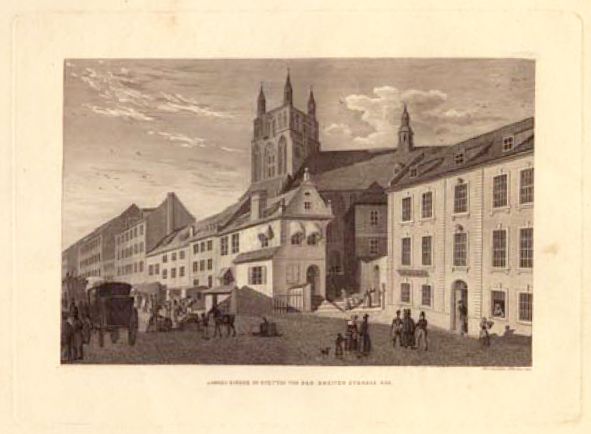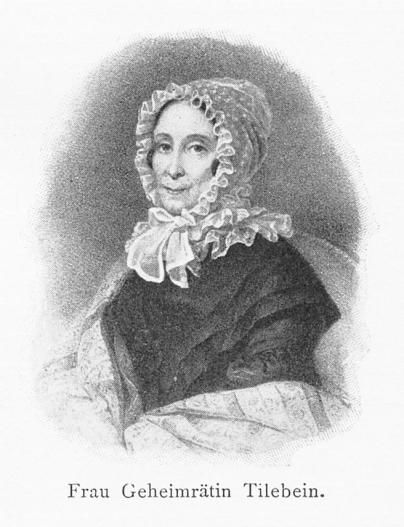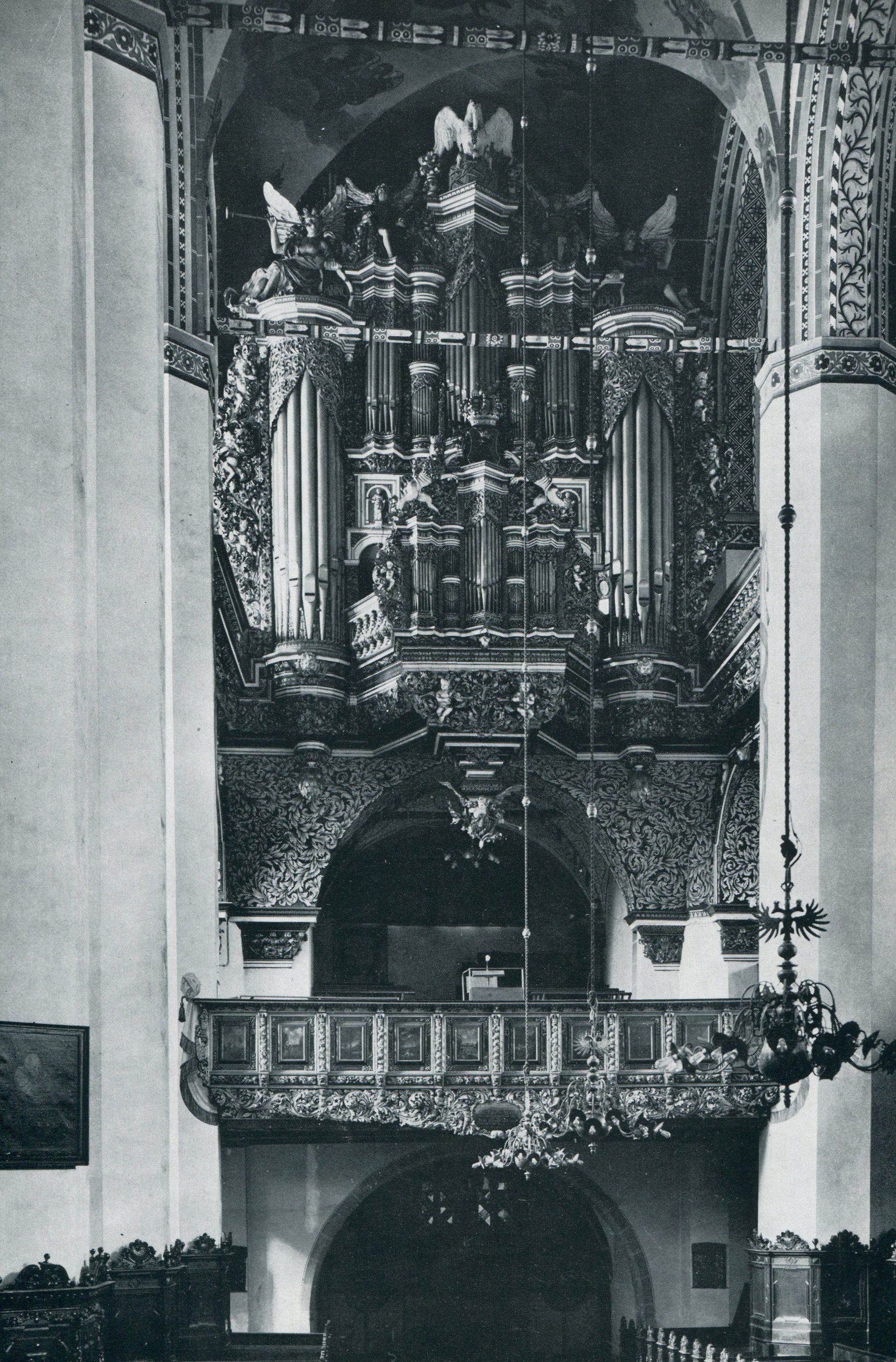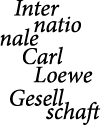Music director and teacher in Szczecin
After successful testing and recommendation by Karl Friedrich Zelter (1758-1832) in Berlin, Carl Loewe took over the position of organist at the Jacobikirche in Stettin in 1820. He became a singing teacher at the high school, a teacher of organ playing and singing at what was then the Royal Seminary for Elementary Teachers.
His educational work is highly valued: “...he has excellent teaching talents and knows how to win his students over to his lessons, and handles discipline with mild seriousness; all students are devoted to him with love; his moral conduct is beyond reproach…”
Carl Loewe was considered an outstanding singer, an excellent cantor, pianist and organist. His three major musical writings are logically a singing lesson, a ballad school and instructions for the cantorial service and for playing the piano and organ (Der Musikalische Gottesdienst).

When he began his work in Stettin, Carl Loewe quickly found access to the societies of the Privy Councilor Sophie Auguste Tilebein in Züllchow Castle, to which he was introduced by his father-in-law, State Councilor von Jacob, a year after his marriage to Julie in September 1822. There he became acquainted with the most important people in public, scientific and artistic life. The Privy Councilor supported and promoted Carl Loewe in every way through her contacts with the highest social circles.
At the invitation of the Privy Councilor, Loewe often shone at the piano, sang songs by well-known composers, but also performed his own compositions - very often with his second wife, the singer Auguste Lange. He was jokingly called the “Züllchower Court Kapellmeister”.

With the role of municipal music director, Loewe took over the organ playing in the Jacobikirche and the musical direction of the church service on Sundays and public holidays as well as the performance of church music at all church festivals. He brought the previously sad musical conditions in the city of Stettin to a pleasing and commendable level.
In addition to the performances in the Marktkirche, a lively musical life also developed in private circles in the Pomeranian capital. In addition to Privy Councilor Tilebein's house, it was mainly the evenings at Bishop Ritschl's in Stettin, where current as well as classical pieces were sung and played together.
The performances in the Jacobi Church, especially his own oratorios with the choir he developed, were always well attended. His second wife Auguste Lange often took on the high soprano parts and Carl Loewe himself took on the tenor part.
He ensured a rich concert life in Stettin, for example: B. in so-called subscription concerts the Great Overture in C major by Beethoven, the oratorio Paulus by F. Mendelssohn-Bartholdy, two parts of the Seasons by Haydn, a Requiem by Mozart, an oratorio by Spohr, etc. listed. The performance of Bach's Great Passion Music featured two large choirs and a double orchestra.
From day one, Carl Loewe was impressed by the Schnitger organ in the Jacobi Church. “I loved this organ of the venerable church with its numerous powerful and tender voices, as one loves a humanly beautiful soul, in whose depths one can lay down sorrow and joy without worry, and in which one finds understanding, comfort and friends.” (Loewe in his autobiography)
It was reported that “crowds flocked to his organ vespers at St. Jacobi and many were moved to tears by the musical thunderstorm or the sweet angelic song.”
The contacts with the Stettin mathematics professor Professor Ludwig Grassmann and their scientific discussions on measurements of tones, their vibrations and hearing range led to Loewe's recognition as a proven expert in the acceptance of new or restored organs, which he carried out in Pomerania on behalf of the authorities.



